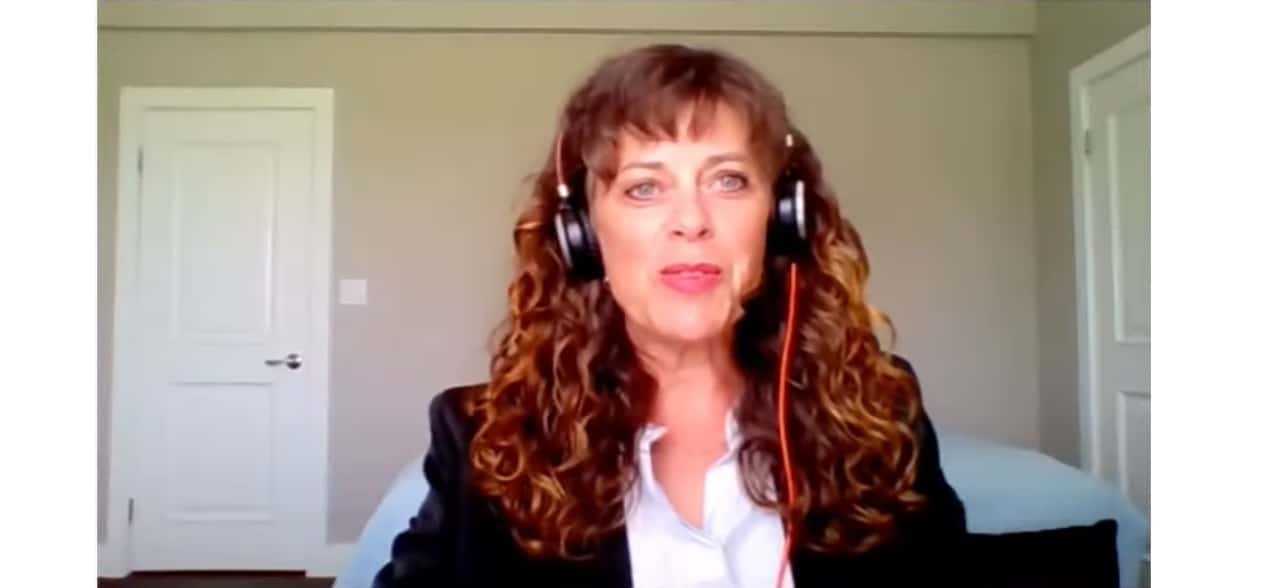How has Hamilton’s young adult vaccine uptake been without a vaccine passport?
Published August 27, 2021 at 9:41 pm

Hamilton could sorely use the swift kick that would be the introduction of a provincial vaccine passport, based on the relative changes in COVID-19 vaccine uptake among younger adults in the last six weeks.
Multiple media outlets, beginning with a report from Global News, reported Friday that the Progressive Conservative Party of Ontario government will introduce a form of proof-of-vaccine certification. The implementation will be discussed at a cabinet meeting on Tuesday (Aug. 31). The pivot from Premier Doug Ford comes after weeks of calls for such a system as Ontario entered a fourth wave of the pandemic that is driven by the delta variant. Ford said July 15 that he didn’t want to create a certification system because it would create “a split society.” His last media conference was on July 30.
Since around the time of Ford’s comment six weeks ago, the needle, as it were, for second doses among the 18- to 39-year-olds has moved much faster than it has for getting jab numero uno.
Across the last six weeks, about three times as many people aged 18 to 39 in Hamilton received a second dose than the number who got their first.
Meantime, Hamilton has developed a 6.5 per cent positivity rate and 15 active outbreaks. Six of the outbreaks are in workplaces. The largest outbreak originated at to Sizzle Nightclub on Hamilton Mountain, which has 50 cases as of the last update.
Earlier this week, Hamilton’s medical officer of health, Dr. Elizabeth Richardson, said the city is seeing a rise in COVID-19 cases among adults between the ages of 18 to 39. Younger adults, at least with the earlier variants, are less likely to become severely ill from COVID-19. They are also more likely to enter close-congregant settings, such as workplaces, nightclubs and fitness facilities. They are also more likely the general population not to have a family doctor.
Keeping that in mind, the changes in uptake since July 17, six weeks ago seem to reveal a pattern. Each of the four age groups has had a significantly smaller chance in first-dose coverage than it has had in second-dose coverage.
- Among 18- to 24-year-olds, Hamilton is reporting 59.2 per cent vaccine completion, compared to 40.0 six weeks ago. The first-dose rate is 71.5, but it was already 64.9 some six weeks ago.
- The 25- to 29-year-old group is up to 57.3 for being double-vaxxed after being at even 41.0 on July 17. First doses in this group are at 67.0 per cent, a modest increase from 61.9.
- The 30- to 34-year-olds have reached 61.9, up from 45.5. Like their younger counterparts, first-dose progress has been slower — it is now at 70.7, after being at 65.7 six weeks ago.
- As well, among 35- to 39-year-olds, 66.2 per cent have had both jabs, compared to 49.5 back on July 17. The group has 74.7 first-dose coverage, but it was already at 69.7 on July 17.
Dr. Richardson has said during briefings that Hamilton was facing “a call to arms” and that the “clock is ticking” for people to be vaccinated. Needless to say, it will be worth watching the cause-and-effect of a requirement for a certificate to enter a non-essential business.
Both British Columbia and Quebec have reported increased demand for vaccinations since announcing their provincial passports recently.
The laws of supply (Hamilton has all the doses it needs) and demand (that people be vaccinated in order to enter non-essential businesses for the time being) could have a similar effect in the city.
INsauga's Editorial Standards and Policies








